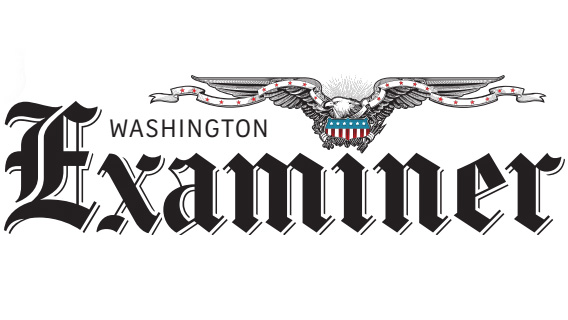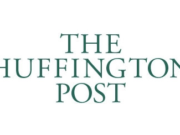Facebook’s lobbyists recently teamed up with Maryland legislators to craft what they call a “national model” for regulating ads on social media. The resulting law is so bad for free speech online that Gov. Larry Hogan warned it may be unconstitutional, and the Maryland-Delaware-D.C. Press Association threatened a lawsuit. Yet that isn’t stopping Facebook and other tech companies from pushing Congress to adopt a similar plan nationwide.
For Facebook, government regulation of political and issue ads on its platform is the lesser of two evils. Russian interference in the 2016 election, which involved the purchasing of politically-charged Facebook ads, has sparked calls for government to regulate the social media giant. It has also raised awareness of the way Facebook’s business model relies on collecting data on its users and allowing advertisers to target users with messages designed to appeal to their interests.
Public unease with this aspect of Facebook’s business could be a major problem for the company. It’s therefore in Facebook’s interest to do whatever it can to shift the conversation away from its user privacy protections — or lack thereof. The company’s first reaction to the Russia controversy, which was simply to deny that any problem existed with the platform, failed to persuade. So now Facebook is on to plan B: support some dumb legislation and self-censor until the politicians get off its back.
Enter the Honest Ads Act. Notably, prior to Facebook CEO Mark Zuckerberg’s endorsement of the bill in April, the Honest Ads Act had been languishing in Congress. That neglect was for good reason. Drafted in a rush to capitalize on media coverage of Russian interference, the Honest Ads Act fails to provide real solutions to foreign meddling. Compared to the more targeted approach pursued in other proposals, the Honest Ads Act would indiscriminately increase regulation for all online political advertising.
The bill’s provisions are not directed at foreign interference at all. Instead, they resemble a laundry list of longstanding activist goals for increased regulation of online political speech. The bill would require more burdensome disclaimers on online political ads, mandate the creation of a “public file” of online ads, and expand the law’s reach to regulate more ads than ever before.
Whether one supports or opposes those provisions, they would not prevent the kind of foreign interference we saw in 2016. The Honest Ads Act would not stop foreign nationals from stealing American identities and presenting themselves as authentic. It would not prevent online trolls from sharing political memes that sow discord. It would not stop the spread of “fake news,” much of which is created and shared by Americans.
For industry giants like Facebook, heavy-handed regulation could actually be a positive. Smaller and start-up social media firms will have a much harder time complying with the bill’s complicated provisions than their larger, more established competitors. Zuckerberg has promised to hire thousands of employees to help implement new rules and has suggested that Facebook will even lose money on political advertising in the 2018 election cycle. How many smaller companies will be able to afford that?
Online speech has long been regulated with a light touch out of a bipartisan recognition that the Internet is an empowering and diversifying medium capable of uplifting marginalized voices. Regulating Internet ads like expensive television and radio ads breaks with that tradition and recasts the Internet’s ability to accelerate social change as a bug rather than a feature.
Supporting the Honest Ads Act allows Facebook to look like a good corporate citizen without having to compromise on an issue that hits its bottom line harder. The bill may harm democracy and free speech by making it harder to share political opinions online, but it won’t hurt the company.
The losers in this scenario are the same people who lose every time government and industry team up: smaller companies and consumers. In this case, that means ad buyers who don’t buy many ads, and Facebook users who use the platform to express their political opinions or hear the views of others.
The Honest Ads Act will not stop foreign actors from using social media for political ends, and Facebook surely knows it. By supporting an ineffective bill now, the company simply hopes to avoid a more threatening one later on. That strategy may work out for its shareholders — but it’s bad news for the future of free speech online.
This post originally ran in the Washington Examiner on June 12th 2018.














